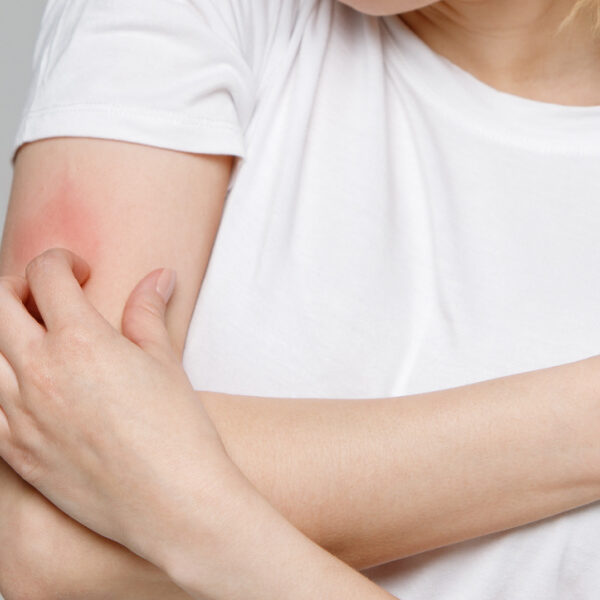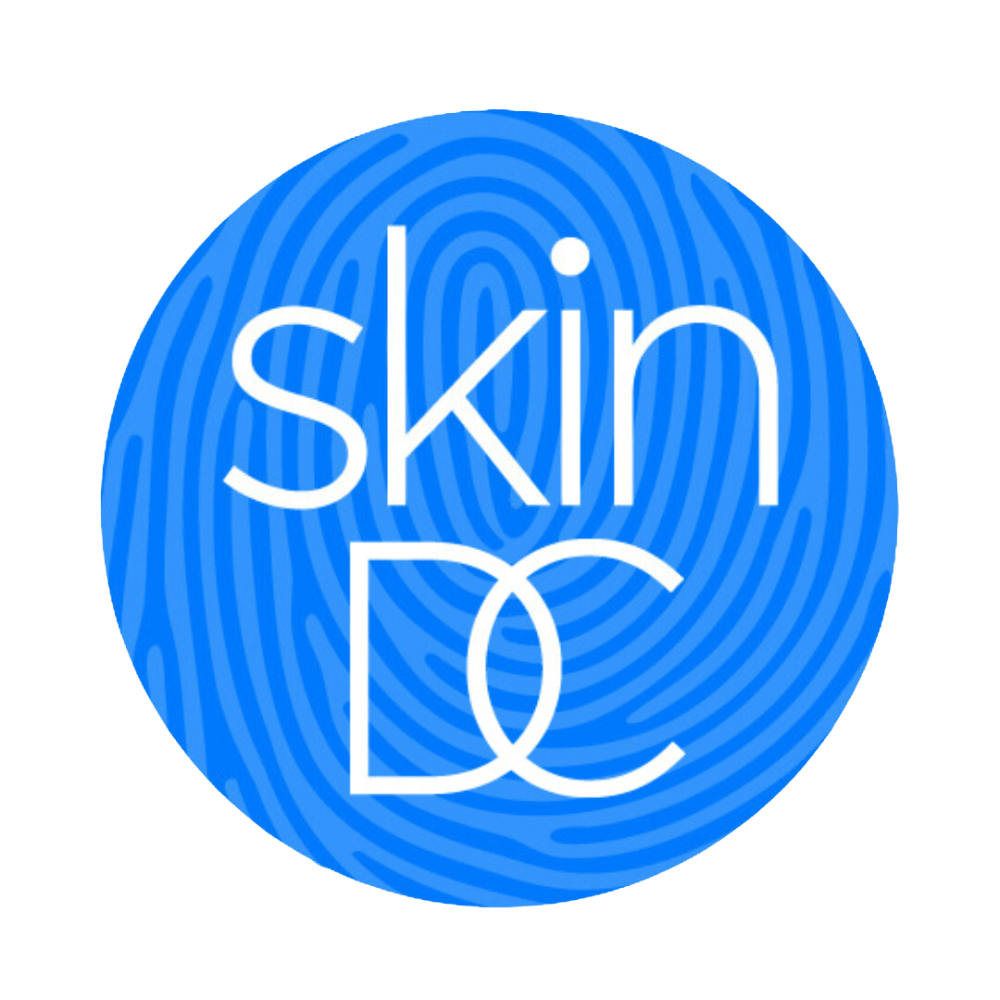What Are Rashes?
The term “rash” covers a very wide variety of both common and uncommon, temporary and chronic, mild and severe skin conditions.
Usually described under the general label of “dermatitis,” a rash is an area of skin that can be pink, swollen, scaly, itchy, bumpy, or have a different appearance than normal, uninvolved skin.
There are variations in rash appearance depending on the underlying cause.
- Contact dermatitis: This type of rash is localized to where skin made contact with an allergen or irritant, such as a chemical, poison ivy, or soap.
- Seborrheic dermatitis: This condition produces rashes that are typically scaly, affecting the oily patches on the face and body
- Atopic dermatitis: Another name for eczema, this condition typically starts in infancy, often in places where skin flexes, such as the elbows and knees

Skin Rash Treatment
What to Expect
Your rash treatment at SkinDC will depend on what condition is causing your rash.
Eczema Treatment
Eczema is often a chronic condition that goes through cycles of flaring up and subsiding. It often occurs in individuals who also suffer from hay fever or asthma.
While there is no cure for eczema, there are several measures that can be taken to reduce symptoms substantially.
Medical approaches are typically in the form of topical preparations, such as corticosteroid creams, antibiotics, and oral medications to reduce itching or inflammation.
Light therapy often improves skin conditions, and natural sunlight or artificial UVA and UVB sources may be used. Long-term light therapy has its own risks, such as increasing the risk of skin cancer and prematurely aging the skin.
Sometimes, eczema outbreaks are brought on or aggravated by stress. Treating the stressor may reduce the effects of eczema. Moisturizing well and with appropriate creams is an essential part of controlling eczema and an important part of every eczema consultation at SkinDC.
Psoriasis Treatment
Psoriasis is another common chronic skin condition that causes skin cells to grow rapidly and build up on the skin’s surface. Psoriasis has a thick, scaly appearance, sometimes with silvery scales and dry, itchy, red patches that may sometimes bleed or become painful.
As with eczema, psoriasis is a chronic condition for which there is no cure, and individuals experience periods of flare-ups that often alternate with periods of better control. There are several variations, such as plaque psoriasis — the most common — as well as nail psoriasis, scalp psoriasis, and psoriatic arthritis.
Treatments for psoriasis can interrupt the skin cell growth cycle, which in turn reduces inflammation and plaque growth, as well as removes existing plaques from the skin.
The physicians at SkinDC are well-trained in the treatment of psoriasis and up to date on the newest and most effective treatment modalities.
